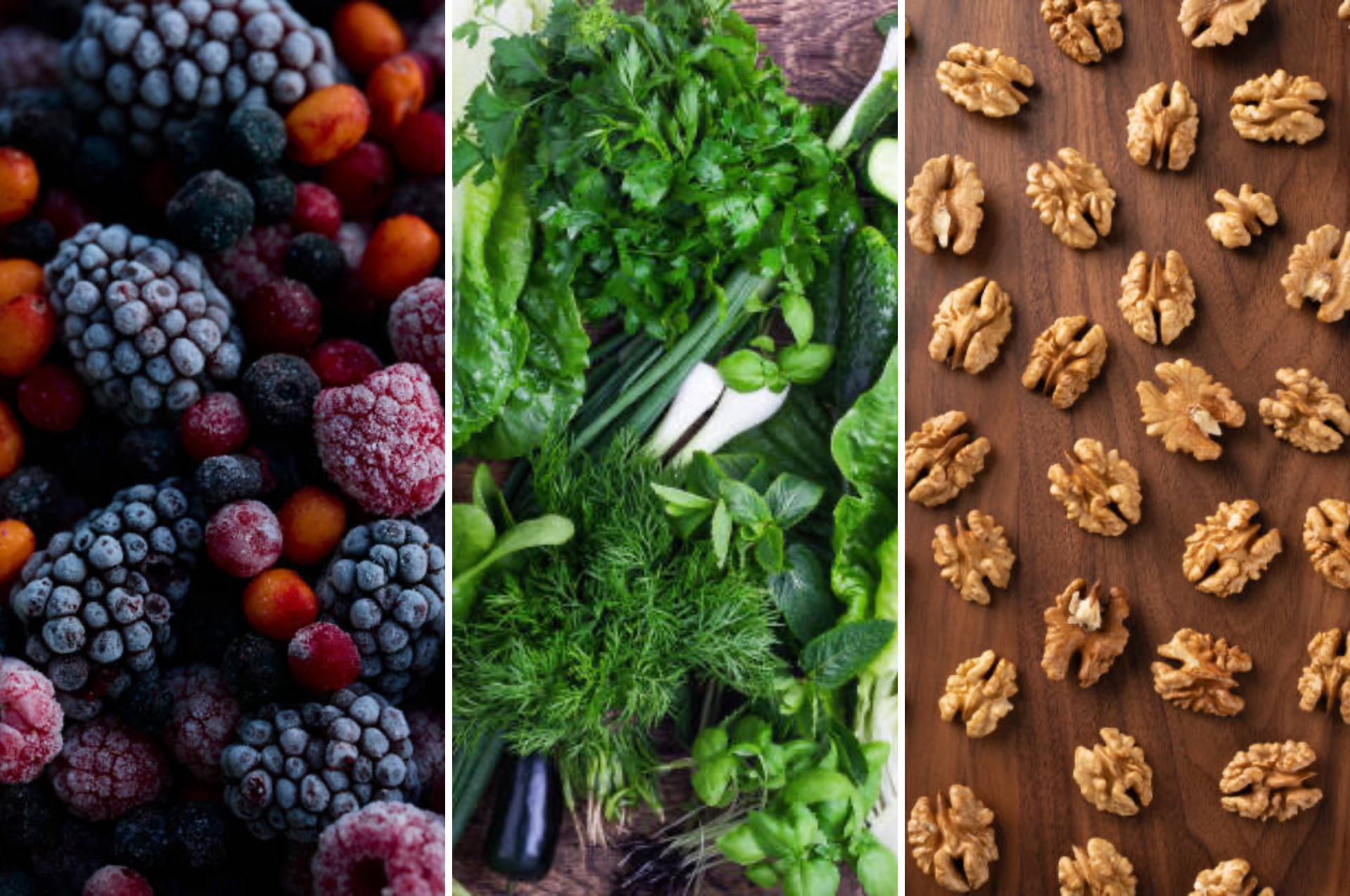The immediacy of our daily lives leads us to eat things that are more accessible, such as “fast food”, which is full of fats and sugars, but if you invest in healthier foods that are rich in nutrients for the heart, it will be so beneficial that you’ll save on health treatments.
Heart diseases are silent and the signs appear when you least imagine it, and many of them can be triggered by irregular and bad lifestyle habits. There are a number of things you can do to prevent these diseases from reaching their peak, but diet is undoubtedly one of the most important.
Check out which foods can protect your heart.
Green vegetables
Eating green vegetables such as spinach, kale and watercress improves heart health because they are rich in antioxidants, minerals and vitamins.
The presence of vitamin K helps protect the arteries and improve blood clotting.
They also contain dietary nitrates which prevent arterial blood vessel damage by reducing blood pressure and stiffening the arteries.
Red fruits
Red fruits such as strawberries, blueberries, blackberries and raspberries are rich in antioxidants that protect against oxidative stress and inflammation and help prevent heart disease.
Blueberries, in particular, are good for the function of the lining of blood vessel cells, which helps to improve blood pressure and blood clotting.
These fruits can help prevent metabolic syndrome by reducing oxidative stress and inflammation, as well as improving vascular function.
Avocados
Avocados are a great source of good fats, such as monounsaturated fat, which is beneficial for the heart by reducing cholesterol levels.
Avocados are also rich in potassium, which helps with heart health and regulates blood pressure.
Fish
Salmon, tuna and trout are sources of omega-3, a powerful ally in preventing the risk of heart disease and reducing the risk of cardiovascular events and arrhythmias.
High consumption of fish over time helps reduce cholesterol, blood sugar and blood pressure.
Cereals
Whole grains such as oats, wheat and brown rice, rye, barley and quinoa help prevent blood pressure.
They are great sources of fiber and help lower cholesterol and the risk of heart disease, especially coronary heart disease.
Seeds
Chia, hemp and linseed seeds are sources of omega-3 and fiber, which are great for the heart by lowering blood pressure, clot formation and reducing bad LDL cholesterol.
They prevent heart disease by reducing inflammation, blood pressure, total cholesterol and triglycerides.
Hemp seeds are also rich in arginine, an amino acid that helps reduce specific inflammatory markers.
Nuts
Walnuts are fruits that contain fiber and minerals such as magnesium, copper and manganese.
They help lower bad cholesterol, LDL and total cholesterol, as well as reducing heart damage.
Low-fat dairy foods
Milk, cheese and yogurt are great sources of calcium and protein, which are essential for strengthening muscles, bones and teeth. However, it is important to choose those with a lower fat and sugar content.
Beans
Black beans contain important nutrients for the heart, such as folate, antioxidants and magnesium, which can help lower blood pressure.
Beans also contain a resistant starch that helps with intestinal function, lowers LDL cholesterol, controls the glycemic index and blood pressure, resulting in a reduction in heart disease, especially in people with diabetes.
Foods that are like medicines for the heart
It can be concluded that eating green and red fruits and vegetables are good sources of antioxidants, preventing cardiovascular accidents.
Make smoothies with red fruits or a green juice with toast and an egg with avocado first thing in the morning and you’ll have a nutritious and healthy start to the day.
Have a mix of seeds and try to add them as toppings to your meals, as they are good sources of omega-3 and fiber that are digested for hours.
Lean meats such as fish and eggs help in the process of losing weight and building up lean mass, and their low fat content protects against the formation of fatty plaques in the arteries.
Finally, milk and dairy products help to ensure that calcium levels are optimal for acting on the contractibility of the heart muscle and beans help to lower blood pressure, which is so important for preventing ischemia.
